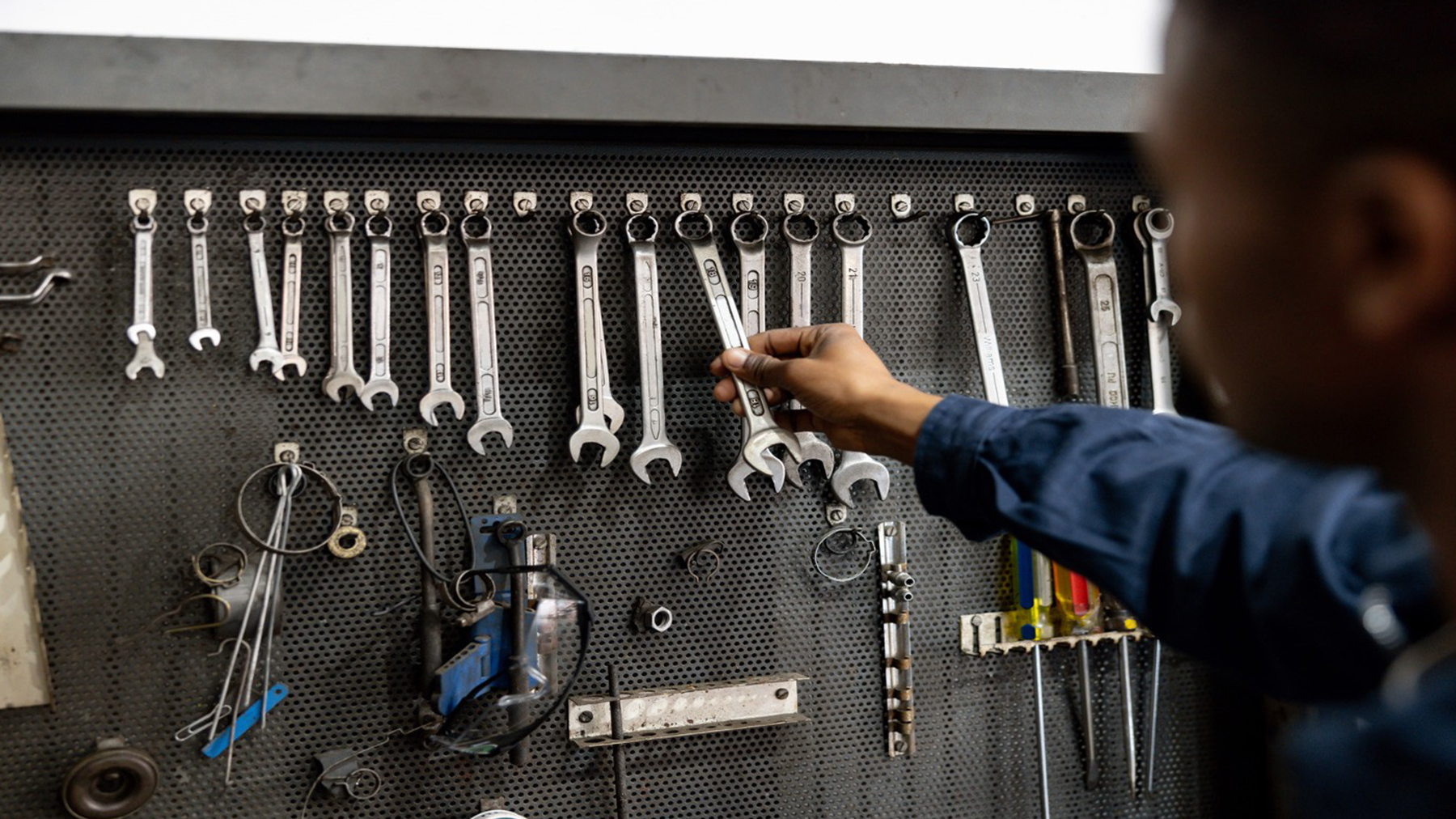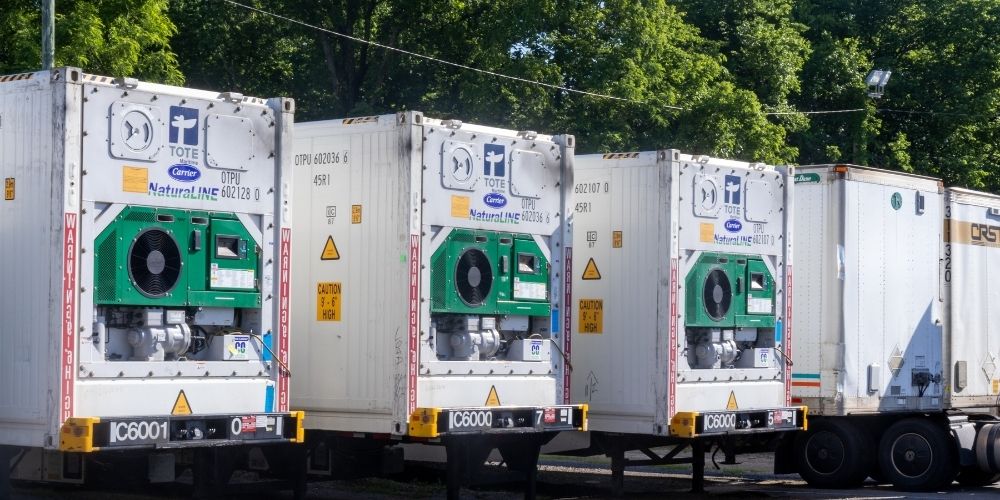Essential Diesel Mechanic Tools for Every Toolbox
Having the right tools on hand can make a significant difference for diesel mechanics, allowing them to work efficiently and address various repair and maintenance needs. Due to their size and complexity, diesel engines often require specific equipment. Below is a list of helpful diesel mechanic tools that offer unique benefits for handling diverse tasks and keeping engines in optimal shape.
1. Wrenches and Ratchets
A set of wrenches and ratchets is often considered the backbone of a diesel mechanic’s toolbox. Combination wrenches, including open and box ends, provide flexibility for different bolts and components. Ratchets with multiple drive sizes can help access bolts in tight or awkward spaces, which is common with diesel engines. Investing in durable, comfortable-grip materials might make these tools more effective for frequent use.
2. Torque Wrench
Precision is particularly important when working with diesel engines, as bolts and fasteners need to be tightened to specific levels to ensure optimal performance. A torque wrench helps achieve these exact specifications, preventing over-tightening (and potential component damage) or under-tightening (which could lead to leaks or inefficiencies). This tool can be beneficial for maintaining a balance between durability and proper assembly.
3. Screwdrivers and Pliers
Screwdrivers are another staple in a mechanic’s toolbox. A set of flathead and Phillips screwdrivers in various sizes can make it easier to work in tight spaces. Different pliers, like needle-nose, locking, and slip-joint varieties, are often useful for gripping, bending, or cutting wires and other materials. Locking pliers, in particular, can help with stubborn bolts or hard-to-grip parts that sometimes appear in older engines.
4. Diagnostic Tools
As diesel engines incorporate more advanced technology, diagnostic tools are becoming more important for troubleshooting and maintenance. A multimeter, which tests voltage, current, and resistance, can be useful in pinpointing electrical issues. Meanwhile, a diagnostic scanner or code reader can help identify engine error codes, which may save time and reduce guesswork. These tools may provide valuable insights, particularly for mechanics working with modern diesel systems.
5. Hammers and Mallets
Occasionally, a little force can help loosen or adjust parts on a diesel engine. A set of hammers and mallets can be helpful in such situations. Rubber mallets, for instance, are useful for making delicate adjustments without causing damage, while steel hammers can assist with heavier tasks like loosening stubborn bolts. Keeping these tools on hand can add versatility to a mechanic’s repair options.
6. Pry Bars and Pullers
When mechanics need to separate or remove tightly fitted parts, such as axles or pulleys, pry bars and pullers are invaluable. Pullers, in particular, can help disassemble components carefully, preventing damage during removal. These tools provide the leverage needed for precise and safe part removal.
7. Oil Filter Wrench
Diesel engines typically require frequent oil changes, making an oil filter wrench handy. This wrench can help remove and replace oil filters efficiently, simplifying routine maintenance and ensuring a tighter seal.
Equip Yourself for Success
The right diesel mechanic tools can make working effectively easier, handle unexpected challenges, and keep engines in top condition. If you’re ready to expand your skill set and work with a team that values expertise, consider exploring opportunities with us.





